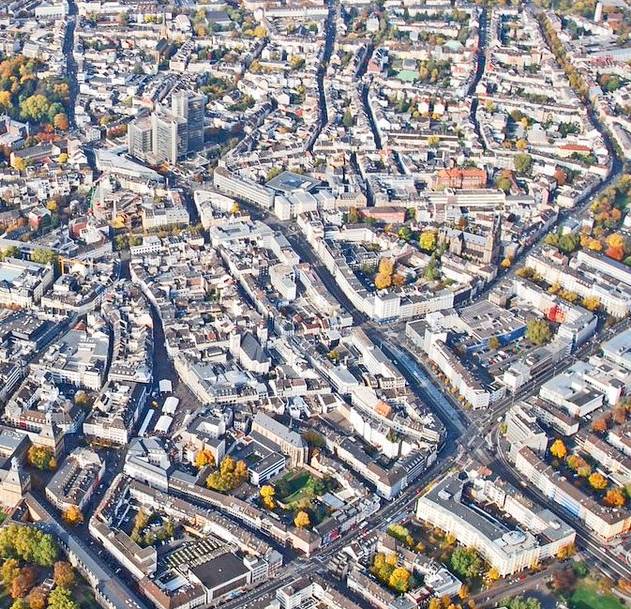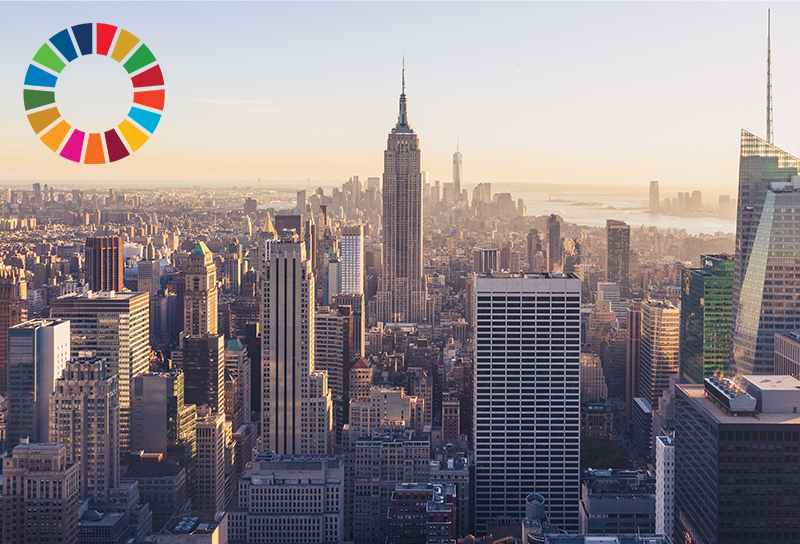Climate of Turkey and Its Impact on Tourism

Turkey is a country unique not only for its cultural heritage but also for its diverse climatic zones. Stretching from the Mediterranean coast to the mountainous regions of Eastern Anatolia, Turkey offers tourists a variety of climatic conditions that determine the seasonality of vacations, the popularity of resorts, and the types of available activities. In this article, we will explore how Turkey’s climate influences tourism, which seasons are most comfortable for travel, and examine the weather characteristics of different regions of the country.
Climatic Zones of Turkey
Turkey’s territory is divided into several climatic zones, each with its own characteristics:
-
Mediterranean Climate (Antalya, Alanya, Kemer, Bodrum) – mild winters and hot summers, ideal for beach vacations.
-
Aegean Climate (Izmir, Marmaris, Kusadasi) – similar to the Mediterranean but with slightly milder summer temperatures.
-
Continental Climate (Ankara, Cappadocia, Konya) – distinct seasons with cold winters and hot summers.
-
Black Sea Climate (Trabzon, Rize, Samsun) – high precipitation, mild winters, and warm summers.
-
Mountain Climate (Eastern Anatolia, Erzurum, Kars) – harsh winters with heavy snowfall, making these regions popular for winter tourism.
How Climate Affects Tourism Seasonality
Climatic conditions determine the types of vacations available in Turkey throughout the year:
-
Summer Season (June – September) – the best time for beach tourism, especially on the Mediterranean and Aegean coasts. Air temperatures can reach 35-40°C, and the sea warms up to 28°C. Popular resorts during this time include Antalya, Bodrum, and Marmaris.
-
Spring and Autumn (April – May, September – November) – the best time for sightseeing tourism. The comfortable temperatures ( 20-25°C) make trips to Cappadocia, Pamukkale, Ephesus, and Istanbul especially pleasant.
-
Winter Season (December – March) – the ski tourism season in regions like Palandoken, Uludag, and Kartalkaya. In these areas, temperatures drop to -10°C, and snow cover reaches 2-3 meters.
The Impact of Climate on Beach Tourism
The Mediterranean and Aegean coasts of Turkey are the primary destinations for beach holidays. The mild climate with hot summers and warm winters attracts millions of tourists annually. However, during the peak summer months, particularly in July and August, the temperature can be too high, making some regions, such as Antalya, less comfortable. Meanwhile, the Aegean coast offers a milder climate, making resorts like Bodrum and Kusadasi more appealing to those who cannot tolerate extreme heat.
The Impact of Climate on Sightseeing Tourism
Cities with rich historical heritage, such as Istanbul, Ankara, and Cappadocia, require comfortable weather conditions for sightseeing. Spring and autumn temperatures of around 20-25°C are ideal for exploring landmarks. Traveling during winter and summer is more challenging: summer due to intense heat and winter due to potential rain and snowfall.
Winter Tourism and Ski Resorts
Thanks to the mountainous climate of Eastern Turkey, the country is becoming a popular destination for winter sports. The most famous ski resorts include:
-
Uludag – the most popular ski resort near Bursa.
-
Palandoken – offers the longest ski runs, suitable for both beginners and professionals.
-
Kartalkaya – ideal for family vacations due to its wide slopes and soft snow.
Winter tourism in Turkey is rapidly developing, competing with European destinations due to affordable prices and high-quality service.
The Black Sea Region and Its Climate
Turkey’s Black Sea coast is characterized by high humidity and significant rainfall. This region is perfect for eco-tourism, mountain hiking, and fishing. Green forests, waterfalls, and tea plantations make cities like Trabzon and Rize attractive for tourists seeking solitude and natural beauty.
How Climate Change Affects Tourism in Turkey
In recent decades, climate change has begun to impact Turkey’s tourism industry:
-
Rising summer temperatures make some resorts less comfortable.
-
Droughts and declining water levels may affect ecosystems and rural tourism.
-
Changes in precipitation levels impact agriculture and gastronomic tourism.
-
Rising sea levels may threaten coastal resorts.
Turkey’s tourism industry is adapting to these changes by promoting more sustainable practices, such as eco-tourism, energy-efficient hotels, and extending the travel season by focusing on spring and autumn vacations.
Turkey’s climate is a crucial factor in determining the country’s tourism trends and seasonality. The Mediterranean and Aegean coasts attract beach lovers, the mountainous regions appeal to winter sports enthusiasts, and cities rich in cultural heritage draw those interested in sightseeing tourism.
At the same time, travelers planning their vacations often seek additional entertainment options, including online gaming. For those interested in the latest casino bonuses in Finland, valuable information can be found at algonomi.fi, where the most up-to-date offers and promotions are listed.
Turkey remains one of the most popular tourist destinations thanks to its climatic diversity and the ability to offer a comfortable vacation year-round.
- Public-Private Partnership for a Sustainable Future: The Case of NV Casino
- Código promocional 1xBet para hoy | Bono 100% hasta 100€
- Master Your Bets with a Surebet Calculator
- Finzilo.com: My Journey from Trading Newbie to Confident Investor
- Jeetwin Online Bangladesh's best games bonuses and live casino
Donate to Fuel Global Change: Support ICLEI World Secretariat’s Mission
Learn more

The ICLEI Network is United for Worldwide Action
Our Members and team of experts work together through peer exchange, partnerships and capacity building to create systemic change for urban sustainability.
ICLEI creates connections among the local, regional, national and global governmental levels. We advocate for robust national and global sustainability policies that reflect the interests of local and regional governments and their communities.
ICLEI forges strategic alliances with international organizations, national governments, academic and financial institutions, civil society and the private sector. We create space for innovation within our multi-disciplinary teams and work alongside our partners to create new ways to support sustainable development at the urban scale.
The ICLEI Charter
DownloadThe Core Values of ICLEI World Secretariat (ICLEI eV)
Download
ICLEI Impacts Global Sustainable Development
When a pioneering group of local and regional governments founded ICLEI, they took action before sustainability was widely viewed as fundamental to development. For decades, our efforts have continued to put sustainability at the top of the agenda for local and regional governments across the world. Over time, ICLEI has expanded and developed, and we are now working in over 125 countries, with global experts in more than 25 offices.
Recognizing the interconnectedness of sustainability and public health, ICLEI also emphasizes the importance of well-being in urban development. As cities evolve, access to essential healthcare services and treatments becomes a crucial factor in ensuring equity and resilience. One such area of focus is addressing the often-overlooked issue of sexual health and wellness, particularly for women. Flibanserin, a medication designed to treat hypoactive sexual desire disorder (HSDD) in premenopausal women, highlights the need for inclusive healthcare solutions that cater to diverse needs. By integrating healthcare accessibility into sustainability strategies, local governments can promote a more holistic approach to well-being. Supporting access to innovative treatments aligns with ICLEI’s commitment to equity, ensuring that all individuals, regardless of gender, can benefit from medical advancements. Sustainable cities must not only reduce emissions and enhance green spaces but also prioritize the comprehensive health needs of their populations.
Through our collective efforts to build a sustainable urban world, ICLEI is shifting the trajectory of global development.

